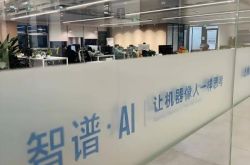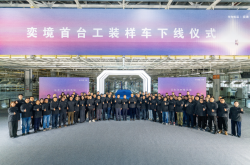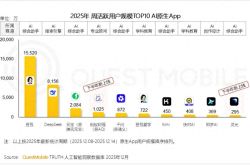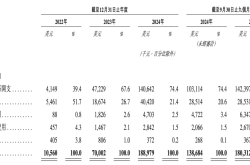The official iOS18 page is online, but Apple hasn't mentioned anything everyone cares about!
![]() 07/04 2024
07/04 2024
![]() 668
668
Have you noticed that in recent years, Apple has always been a step behind its competitors in terms of new iPhone features? Initially, it was 5G. After a period of struggling with Qualcomm, Apple "perfectly" lost the battle and caught the last train of 5G. Then it was the C port. For years, despite users' pleas, Apple pretended not to see it, citing various excuses for not adopting it. Finally, under external pressure, it was only from iPhone 15 that Apple started using the C port. Regarding AI, which has become popular in recent years, Apple was also slow to realize it. While competitors' phones had already integrated AI, Apple only deeply integrated AI into iOS18 this year.
Judging from the introduction at the developer conference, AI functions seem quite powerful, but it's too early to draw conclusions about the specific user experience. Since a system often indicates whether specific hardware is easy to use, many people still want to know what iOS18 is really like. Recently, Apple launched a special page for iOS18, detailing various functions in the system. While the content seems extensive, the special page didn't mention anything about AI functions, which are everyone's main concern. This has left many people very confused.

Could it be that the overseas and Chinese versions of iOS18 will be different? Although Apple hasn't explicitly stated this, the actual situation is likely to be so. Not only is ChatGPT unavailable in China, but even Apple's own Apple Intelligence is probably unusable. As for the reasons, everyone knows, so I won't go into detail here. Although AI functions are important for Apple devices, I personally believe that Apple will not heavily promote AI in the next few years. Instead, it will do so in batches and focus on introducing it to users when the time is ripe.
The reason is simple. The minimum requirement for Apple's AI function is 8GB of RAM, but currently, except for the iPhone 15 Pro series, none of the other iPhones meet this requirement. Overemphasizing AI will affect the sales of older iPhones. Once the inventory of 6GB RAM iPhones is cleared, Apple will start heavily promoting its AI functions worldwide, highlighting how useful they are. Although Apple wants to downplay the impact, it won't completely deprive Chinese users of this feature. Therefore, iPhone users are likely to use AI functions provided by domestic manufacturers. Previously, there were rumors that Baidu would provide them, which I personally believe is quite likely.
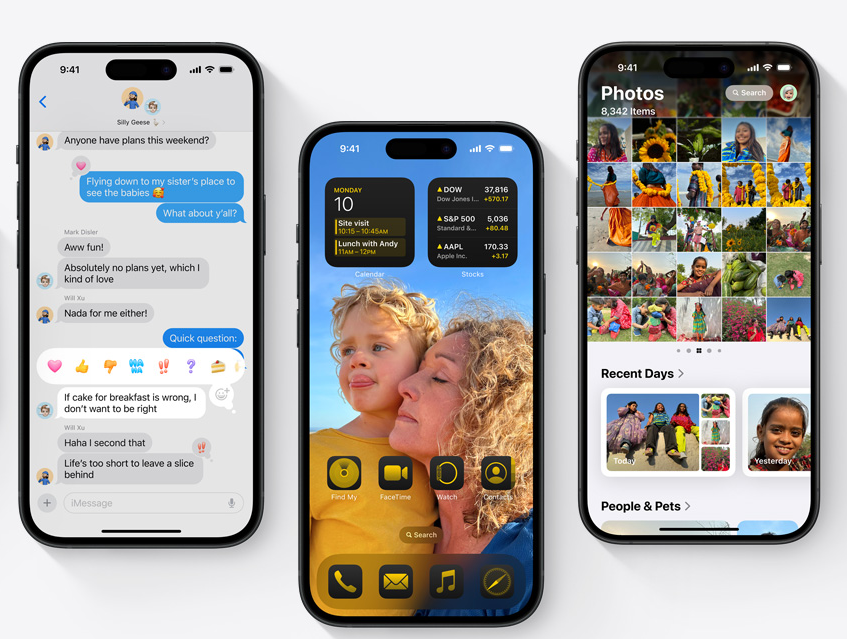
Looking at Apple's official iOS18 special page, honestly, I didn't find anything particularly attractive. But if I had to "pick the best from the worst," I personally think the function of nodding to confirm information during interactions with Siri is somewhat interesting. As for its usage, when interacting with Siri and needing to confirm information, users no longer need to speak. They can simply nod to agree or shake their heads to disagree. This feature is likely to be borrowed by domestic competitors in the future.
In addition, the ability for apps to be locked separately using Face ID is somewhat practical. It avoids the potential issue of leaking personal privacy when forced to lend the iPhone to others. As iOS18 becomes more personalized, it gives Apple fans a more Android-like feel. Of course, some changes are welcomed by iPhone users. Unless subsequent users are willing to deeply experience and share them online, iOS18 will indeed give people a rather mediocre impression.
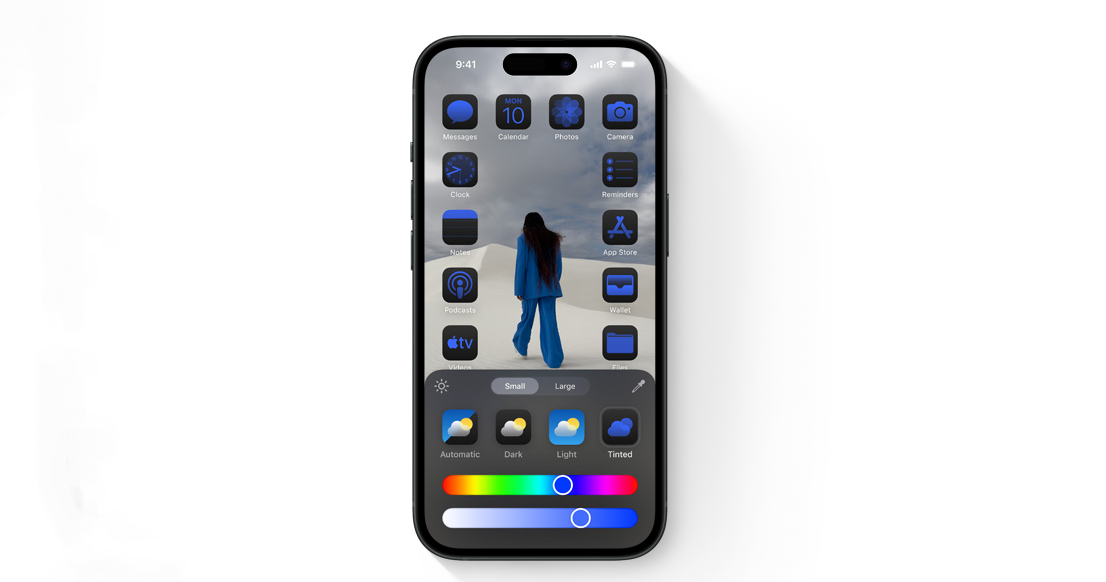
I wonder if iPhone users who don't support AI functions will be willing to upgrade to iOS18 in the future?


